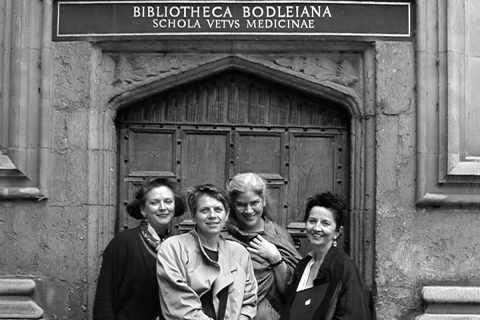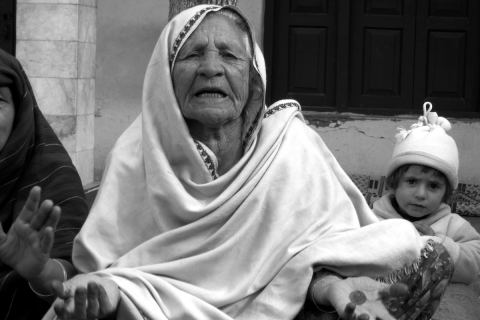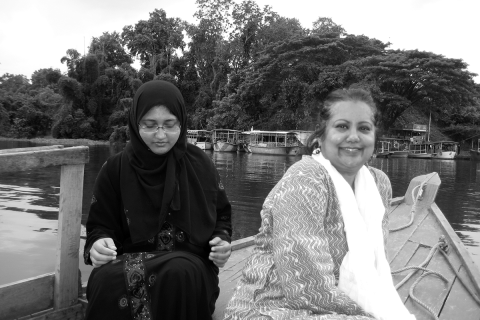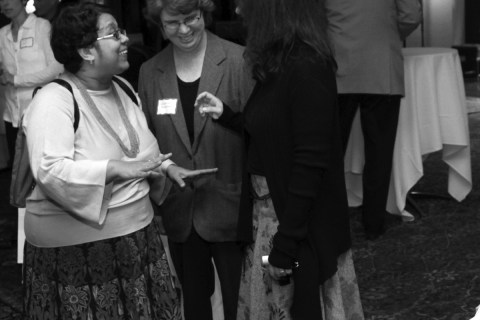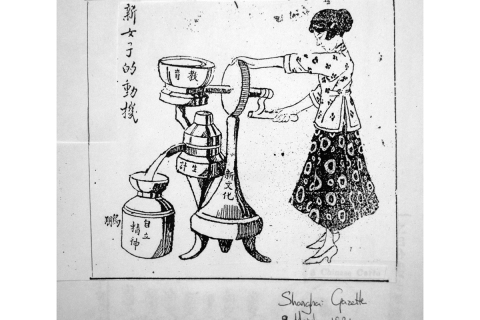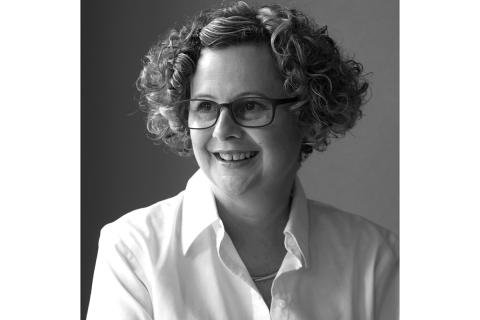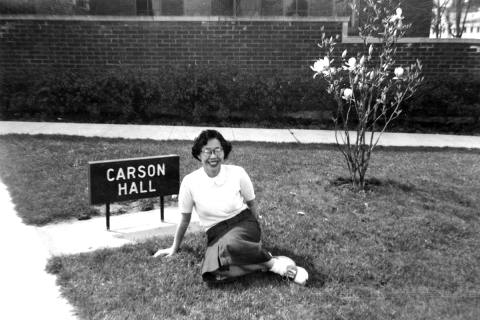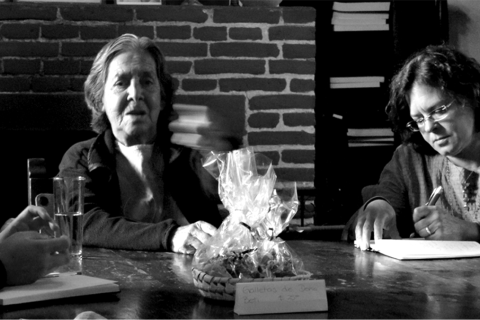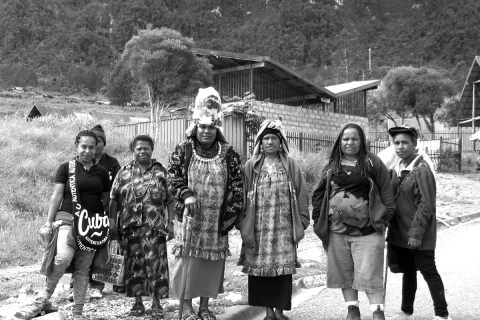
Hormone Therapy: Research in the Department of Human Physiology is Designed to Help Improve Women’s Cardiovascular Health
by Christopher Minson, Ph.D., Associate Professor and Department Head, Human Physiology
Millions of women use hormone therapy for treatment of menopausal symptoms and gynecological syndromes, contraception, assisted reproductive techniques, and combating osteoporosis. Early reports on the use of estrogen replacement therapy were very promising in terms of improving cardiovascular and bone health, but the results of two major clinical trials were disappointing and alarming, resulting in millions of women stopping hormone therapy.
Millions of women use hormone therapy for treatment of menopausal symptoms and gynecological syndromes, contraception, assisted reproductive techniques, and combating osteoporosis. Early reports on the use of estrogen replacement therapy were very promising in terms of improving cardiovascular and bone health, but the results of two major clinical trials were disappointing and alarming, resulting in millions of women stopping hormone therapy.


